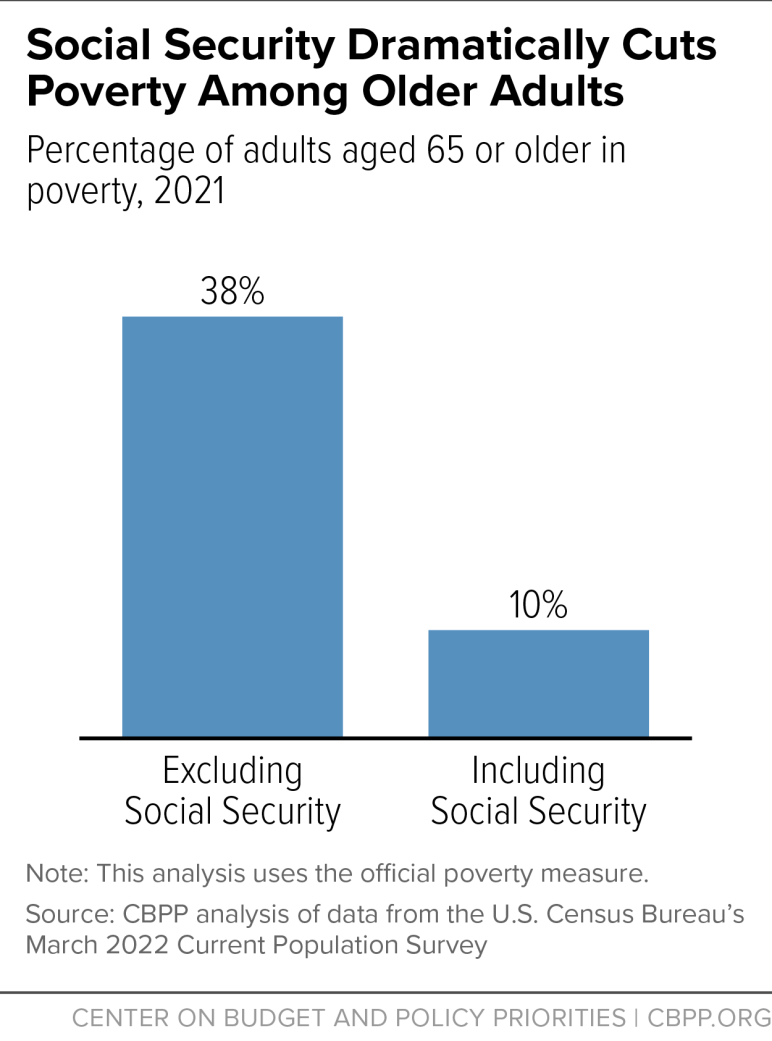|
|
Merck Lawsuit Over Drug Price Negotiations Reflects Industry Greed, Disregard For Seniors and Taxpayers |
|
Pharmaceutical corporation Merck sued the federal government on Tuesday to block Medicare drug price negotiations, calling the program unconstitutional and arguing that Medicare’s efforts to negotiate certain drug prices is “tantamount to extortion.” The Alliance quickly responded. |
|
“Merck’s ridiculous lawsuit is the equivalent of a toddler throwing a temper tantrum,” said Richard Fiesta, Executive Director of the Alliance. |
|
|
“Americans pay the highest prices in the world for prescription drugs and too many seniors must choose between putting food on the table and paying for their medicine. That is because corporations like Merck have been allowed to charge taxpayers whatever they want for their drugs.” |
|
The Alliance statement declared that negotiating a fair price for drugs — or any product — is nothing new and is a hallmark of a free market economy, citing governments around the world that negotiate drug prices on behalf of their citizens every day, as well as insurance companies. In the United States, the Departments of Defense and Veterans Affairs and the Medicaid program already negotiate prices with Merck and the rest of the industry.
The Medicare Drug Price Negotiation Program was a key provision in President Biden's 2022 Inflation Reduction Act. It allows Medicare, for the first time ever, to leverage its market power to negotiate with drug makers for certain high-price drugs. The negotiations start in September but will be limited to 10 drugs named by Medicare at first.
“The Inflation Reduction Act simply extends this power to Medicare and once implemented it will save taxpayers and patients $25 billion,” Fiesta added. “We cannot go backward. The 4.4 million members of the Alliance for Retired Americans call on Merck and the rest of the drug industry to stop crying crocodile tears and come to the negotiating table in good faith.” |
|
Report Shows Social Security Lifting More People Out of Poverty Than Any Other Program
|
|
The Center on Budget and Policy Priorities released a report this week showing that Social Security lifted 21.7 million Americans above the poverty line in 2021. The report also breaks down the figures by age groups and state.
The numbers, taken from the U.S. Census Bureau, reinforce the importance of the financial support Social Security provides. In particular, 15.4 million Americans 65 years of age and older nationally rely on Social Security to stay out of poverty. Older women, who have fewer retirement resources outside of Social Security, make up 8.8 million of the total. |
|
|
Social Security also helps Americans in marginalized groups to make ends meet. Latino and Black Americans have higher disability rates and are often paid lower wages than White Americans. With Social Security, the poverty rate is 25.8 percent lower among older Latino adults and 32.7 percent lower among older Black adults than it would be otherwise. Overall, without Social Security benefits, 37.7 percent of older adults would have incomes below the official poverty line; |
|
with Social Security benefits, that number decreases to 10.3 percent.
“The report highlights Social Security’s key role in lowering the poverty rate among seniors and also for children,” said Robert Roach, Jr., President of the Alliance. “It provides further evidence that we need to expand benefits, not cut them – as some politicians continue to try to find ways to do.” |
|
KFF: As Medicaid Purge Begins, ‘Staggering Numbers’ of Americans Lose Coverage By Hannah Recht |
|
More than 600,000 Americans have lost Medicaid coverage since pandemic protections ended on April 1. And a KFF Health News analysis of state data shows the vast majority were removed from state rolls for not completing paperwork.
Under normal circumstances, states review their Medicaid enrollment lists regularly to ensure every recipient qualifies for coverage. But because of a nationwide pause in those reviews during the pandemic, the health insurance program for low-income and disabled Americans kept people covered even if they no longer qualified.
Now, in what’s known as the Medicaid unwinding, states are combing through rolls and deciding who stays and who goes. People who are no longer eligible or don’t complete paperwork in time will be dropped.
Read more here. |
|
Women Are More Likely to Skip or Delay Medications Due to Cost |
|
The Centers for Disease Control and Prevention has found that in 2021, 9.2 million adults said they didn't take a medication as prescribed in order to save money. The report found that 9.1% of women resorted to the dangerous strategy to make ends meet, compared to 7% of men.
The CDC survey also found that adults with disabilities were more likely than adults without disabilities to skip, delay or take less medication to reduce cost. People in fair or poor health were almost threefold more likely to do so than those in excellent or very good health.
Robin Feldman, a pharmaceutical and intellectual property law expert at the University of California College of the Law, San Francisco (formerly the University of California, Hastings), suggested that major reasons for the difference by gender could include women having to shoulder more of the burden of child care and household management.
"They may make their own health a lower priority, in the face of financial or time pressures,” said Professor Feldman.
“We need to make sure all Americans can afford the medications they need to remain healthy,” said Joseph Peters, Jr., Secretary-Treasurer of the Alliance. “These statistics provide further evidence that Medicare’s ability to negotiate drug prices should not be up for debate.” |
|
Thanks for reading. Every day, we're fighting to lower prescription drug prices and protect retirees' earned benefits and health care. But we can't do it without your help. Please support our work by donating below. |
|
|
|
|
Alliance for Retired Americans | 815 16th Street, NW | Washington, DC 20006 | www.retiredamericans.org



